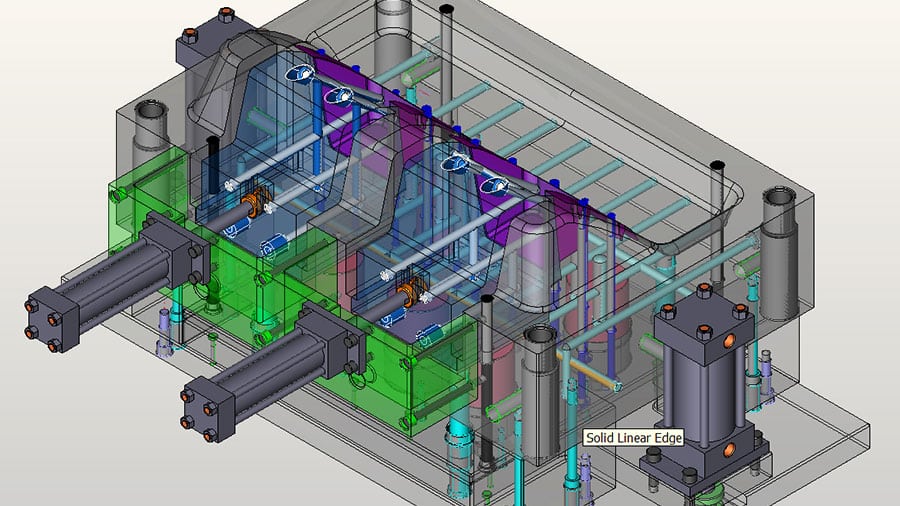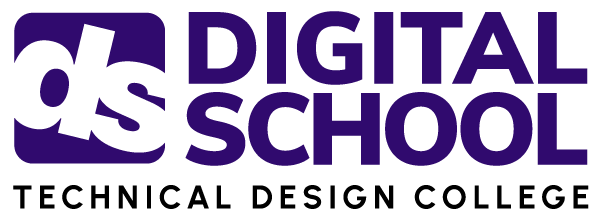With trained professionals in high demand, you won’t have to look hard to find a number of exciting job opportunities once you finish your CAD training. Even so, as you begin your job hunt, you’ll want to start brushing up on your interview skills to put yourself in the best possible position to get the career you want.
But what is the key to a successful interview for a CAD role? We all know that it’s important to dress well, be courteous and polite, and ask plenty of questions when interviewing for any job. But when you’re applying for a CAD position—which requires highly trained individuals with very specific skillsets—you’ll find that there are also a number of other factors to consider in order to ensure you are fully prepared.
Read on to find out how you can stand out from the competition during your future job interviews, and take the first step towards a rewarding CAD career.
1. Use Projects from Your CAD Courses to Prepare a Great Portfolio
Most CAD companies will be expecting to see samples of your work, and a well-prepared portfolio can be the key to impressing in an interview. Make sure to include examples using a number of different programs, such as AutoCAD and Inventor, to show off your versatility.

Preparing a good portfolio will really impress employers
You should also try and pick projects that are relevant to the role you’re applying for. Remember that a CAD portfolio doesn’t need to be extensive, and a few well-chosen samples of project work from your CAD courses are often more than enough to impress employers.
2. Be Honest About Your CAD Technician Career Experience
Employers interviewing for CAD positions are usually trained professionals themselves, and won’t be shy about quizzing you on your technical knowledge. Some even prepare short tests for potential candidates, so it’s important to be ready to demonstrate your expertise in specific areas.
And while you’ll want to present the best possible impression of yourself to prospective employers, it’s also better not to oversell or exaggerate your skills and experience. There are plenty of entry-level CAD positions available, and finding the right position for your current skill level and know-how will benefit you more in the long run than trying to fast-track your CAD technician career.
3. Research Your Prospective Employers to Make an Impression
While it’s always good to find out a bit about the company you’re interviewing for, it’s even more essential when it comes to CAD work. Companies who hire CAD technicians are usually keen to find someone who is enthusiastic about the work they do. Take the time to learn about their products and services, perhaps mentioning specific projects during your interview.
You should also ask a lot of specific questions about their plans for the future and how your role will develop as time goes on. This will show them that you’re enthusiastic about working for them, and excited to get started.
Looking at different AutoCAD colleges?
Contact us today to find out more about our great course options!



